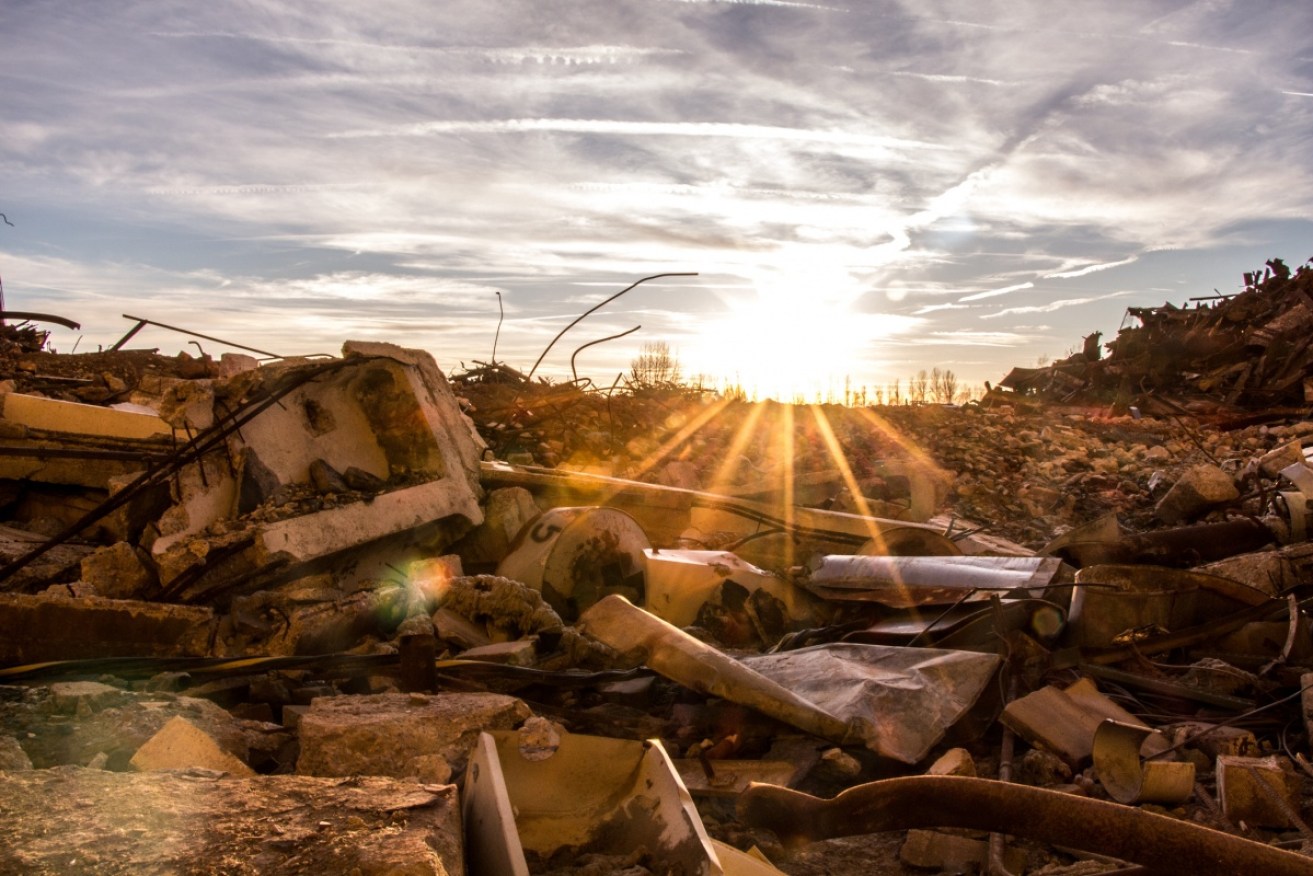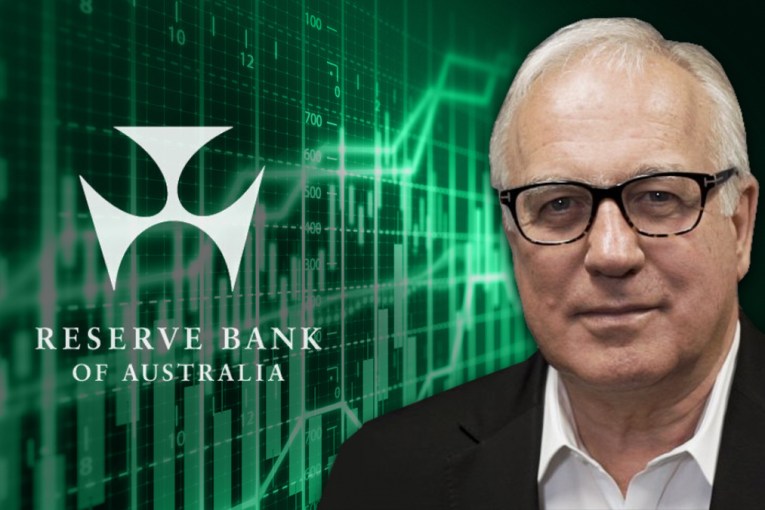Why it’s wrong to hope for a housing crash in 2018


A serious property crash comes with severe economic consequences. Photo: Getty
Those hoping for a property market slump next year to allow them to ‘get into the market’ need to be careful what they wish for.
Some may be offering little prayers to the god of the real estate sector, Mammon, that the slowdown in Sydney house prices in last week’s CoreLogic survey will spread and become a full-scale rout.
But before turning your rental lease into a burnt offering, remember this: lower houses prices, matched by sharp declines in hours worked or by the loss of employment altogether, won’t improve things a bit.
Some may have formed the false impression, after Treasurer Scott Morrison’s cheery speech last week, that that can’t happen.
Mr Morrison assured the nation that strengthening business investment proved that “better days are indeed ahead”.
It would be lovely if he was right, but top economists meeting in Melbourne on Thursday were less upbeat.
Market Economics director Stephen Koukoulas, who was at the ‘Breakfast With The Economists’ conference, told me the general outlook for 2018 was subdued, with real GDP growth forecasts stuck at around 2 to 2.25 per cent.
Growth is fragile, and there is no sign yet of wage inflation starting to chip away at the nation’s huge stock of private debt.
The ANZ job ads survey, released on Monday, showed the number of ads rising 13 per cent in the past year, but ABS data shows total average earnings grew a measly 1.6 per cent – less than inflation.
Moment of vulnerability
So if wages can’t even begin to catch up with house prices, surely a big property crash is the way to bring things back into balance?
Well, not really. Seven years ago when this columnist joined Professor Steve Keen’s historic ‘Debt March’ from Canberra to Mount Kosciusko, a major price correction seemed like a painful, but not catastrophic way forward.
Yes, it may be hard to believe, but even back then the growing gulf between wages and house prices was worrying – and Professor Keen was way ahead of the pack in diagnosing Australia’s growing debt problem.
Since that time, the combination of wage increases and population growth have made the nation’s collective pay-pack 34 per cent bigger, but the mortgages those wages are servicing are 97 per cent bigger.
The Reserve Bank, which helped inflate that debt bubble, is now virtually sidelined. It can’t cut interest rates for fear of blowing the bubble bigger, and can’t raise them for fear of bringing the whole house of cards tumbling down.
In that context, wishing for a house price crash is like dreaming of economic hara-kiri.
Not only would plummeting house prices ravage consumer confidence and consumption spending, but they would hurt hundreds of thousands of small businesses who unofficially use their home mortgages as a backdoor way to finance their businesses.
The great unknown
There is one major unknown in the housing market at present – the extent to which investors have brought forward their buying decisions in anticipation of Labor’s planned cuts to property tax breaks.
That’s a scenario that Mr Koukoulas agrees is a distinct possibility.
Labor’s reform plans, remember, mean that properties bought before any such legislation is passed would be “fully grandfathered”, to allow them to go on generating negative gearing tax refunds, and capital gains tax discounts, for their owners.
Investor demand for home loans has slowed considerably in the past two years as banks have raised investment-loan rates in response to the Australian Prudential Regulatory Authority credit-growth ‘speed limits’.
But here’s the scary thought – if that slowing investor spending includes buying decisions that would otherwise have been made in 2018 or 2019, a large number of expected buyers could suddenly vanish.
Let me stress, that is not an argument against reining in negative gearing and the capital gains tax discount. Those are essential reforms to stop future bubbles becoming even more dangerous.
But long before those reforms could potentially be made, they may already be biting – we just don’t know.
So hoping for a house price crash in 2018 could be a bit like praying for rain, only to be washed away by a flood.








